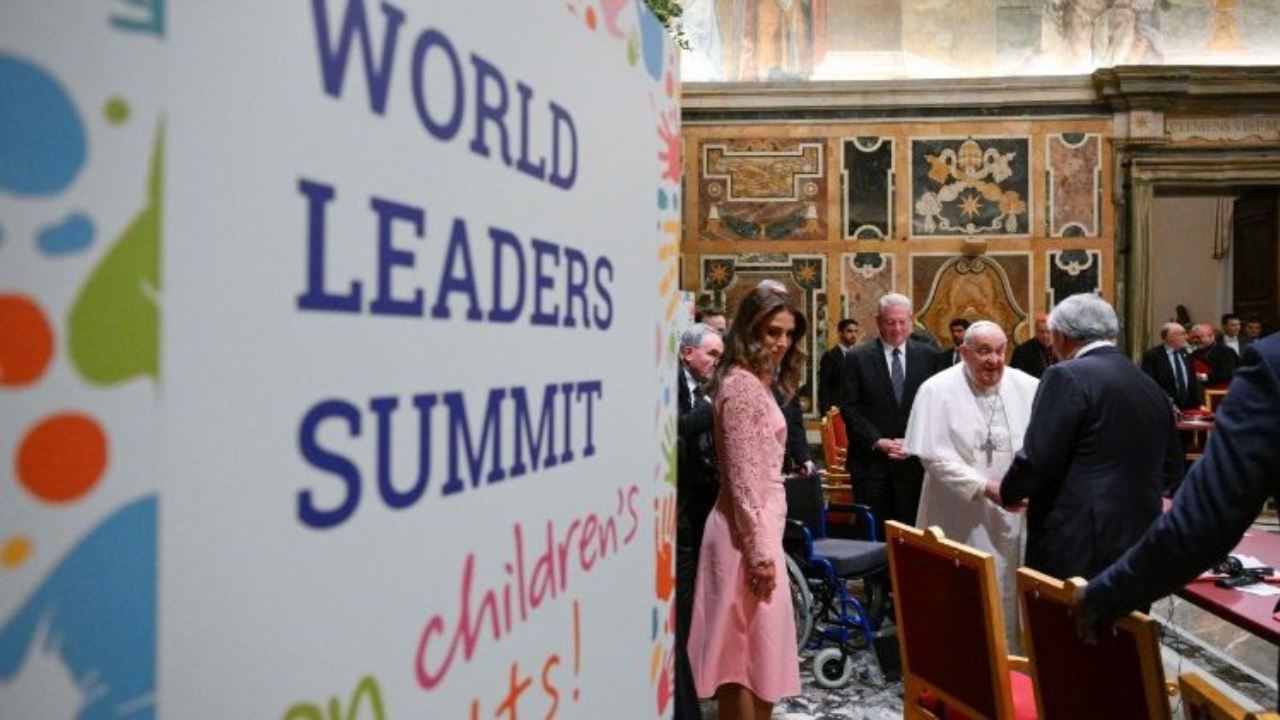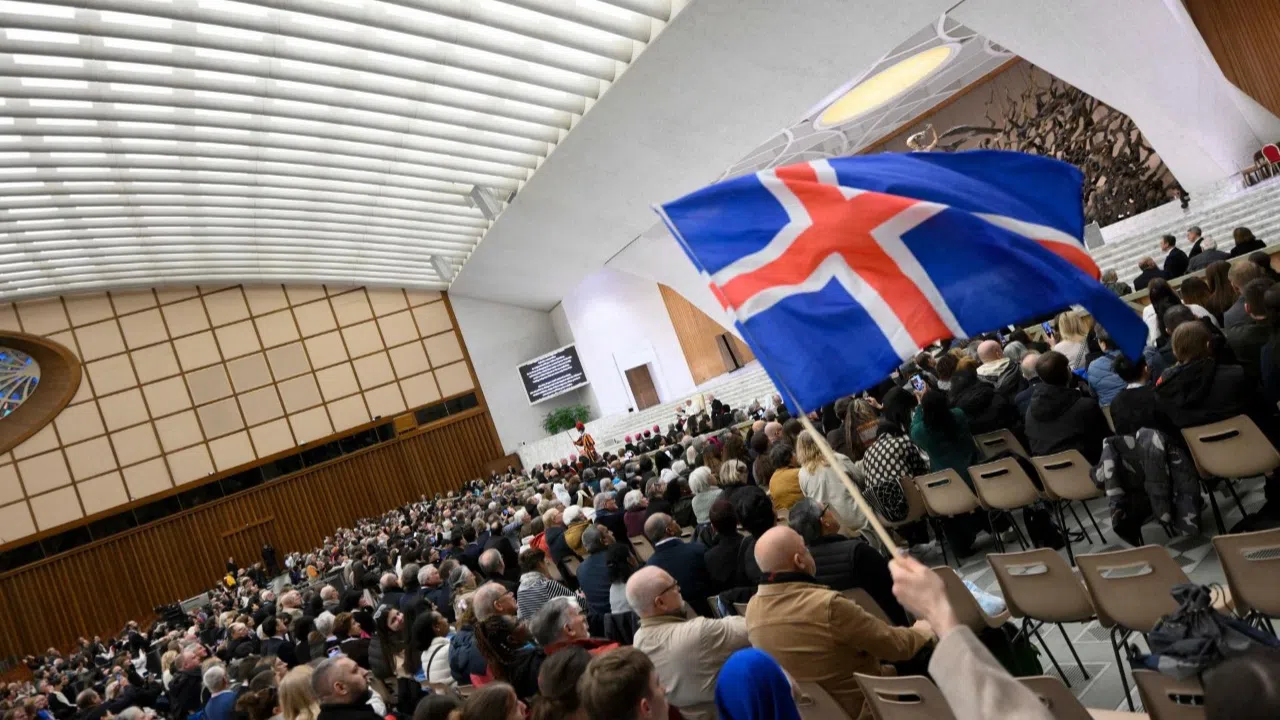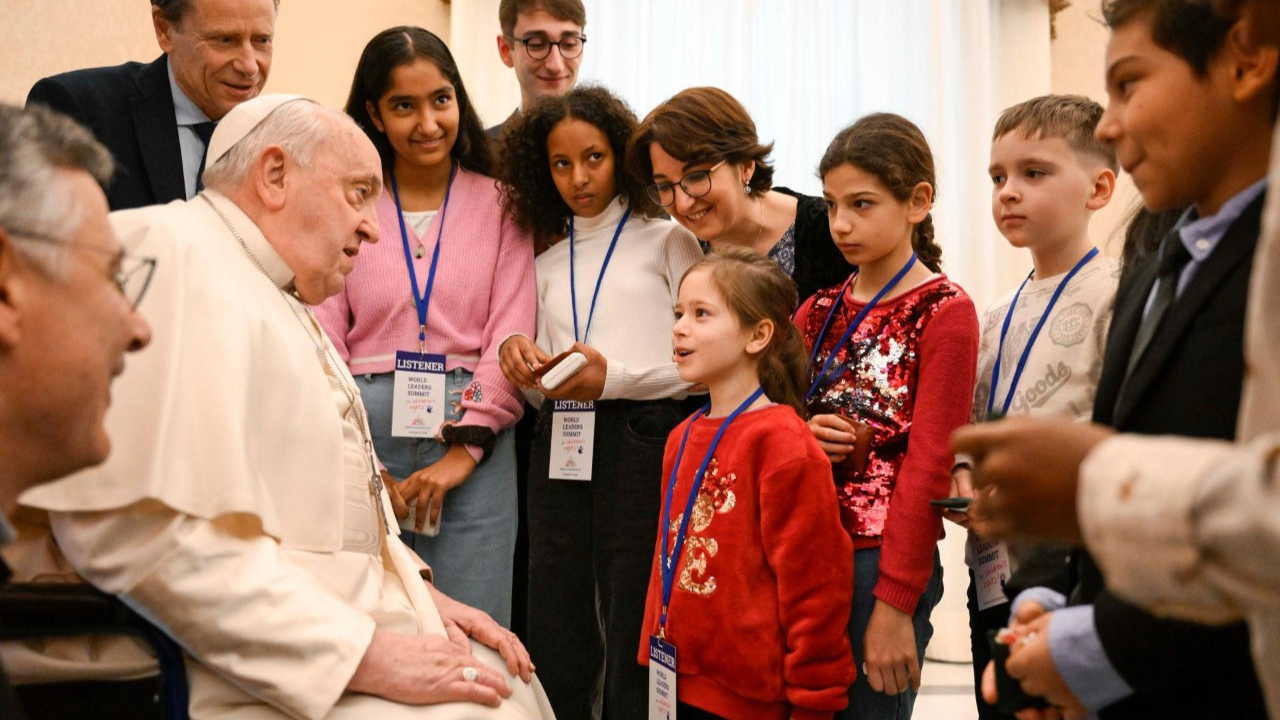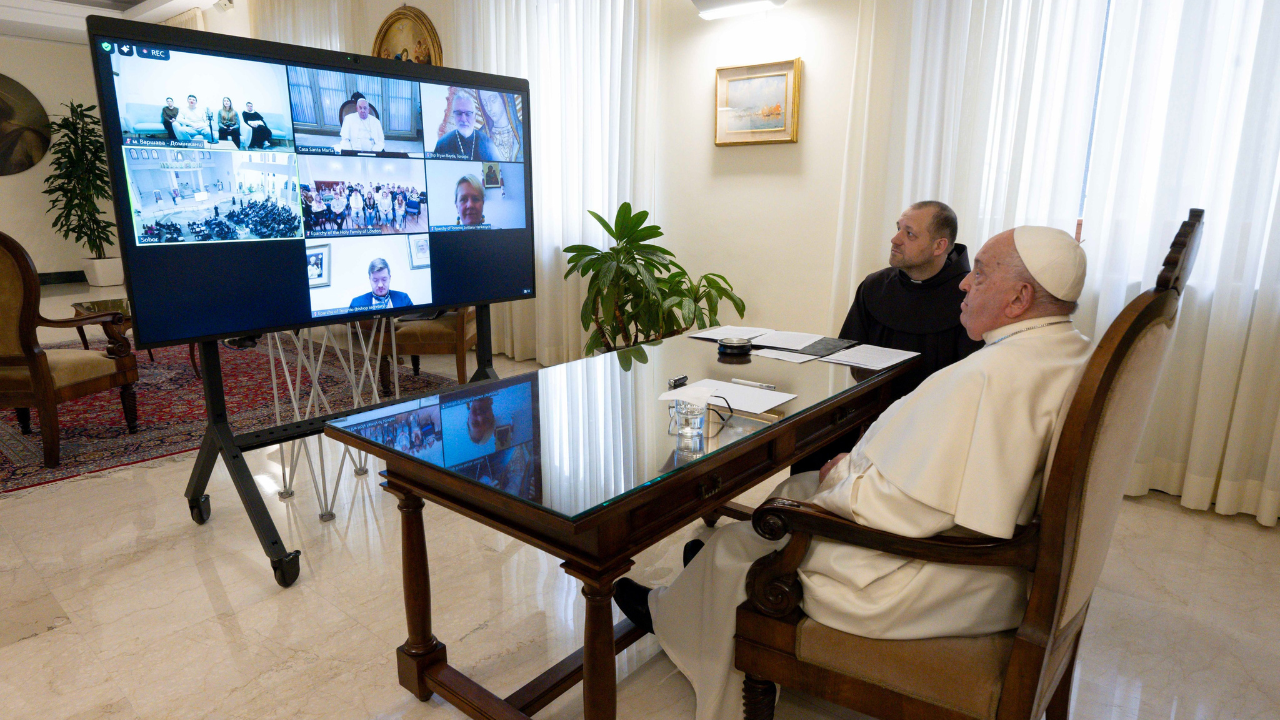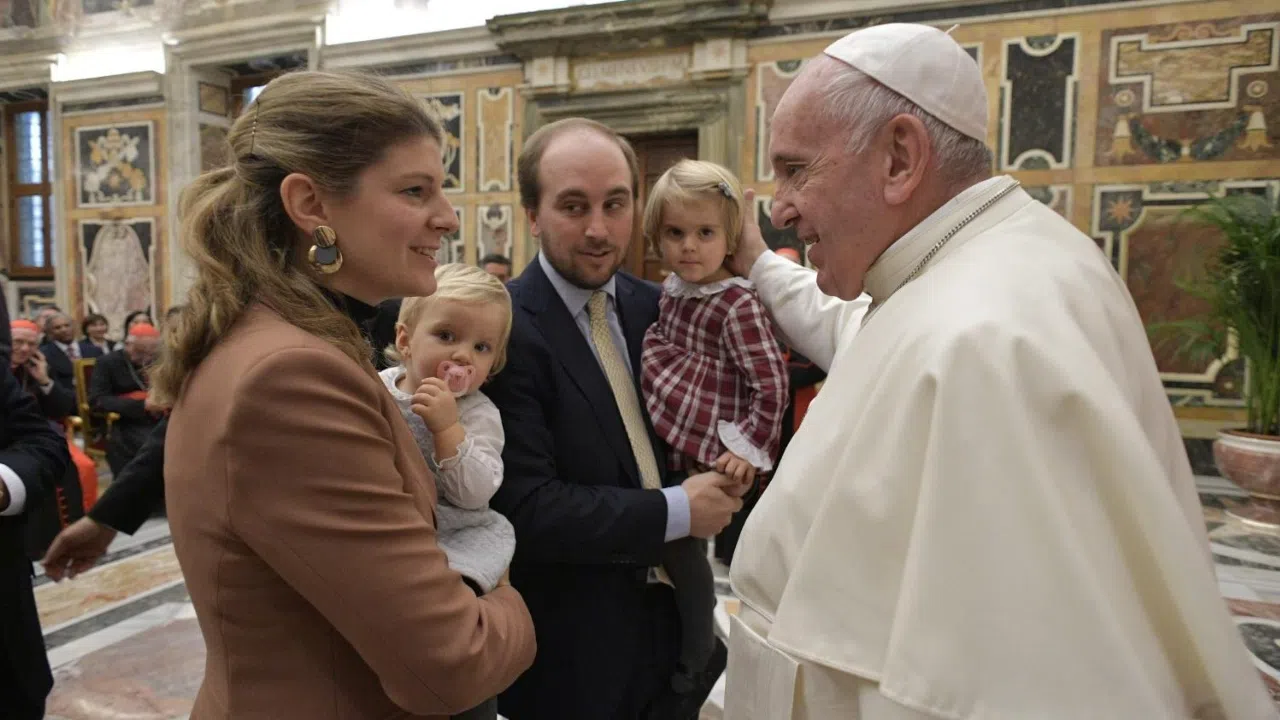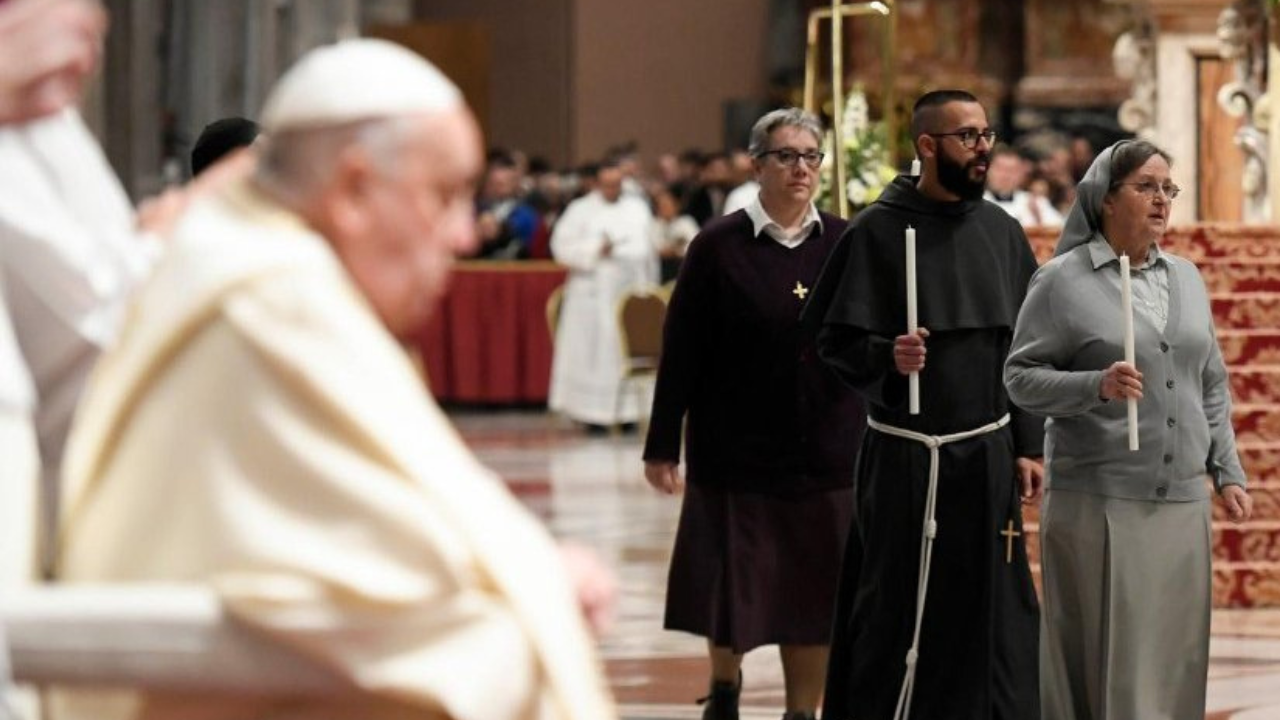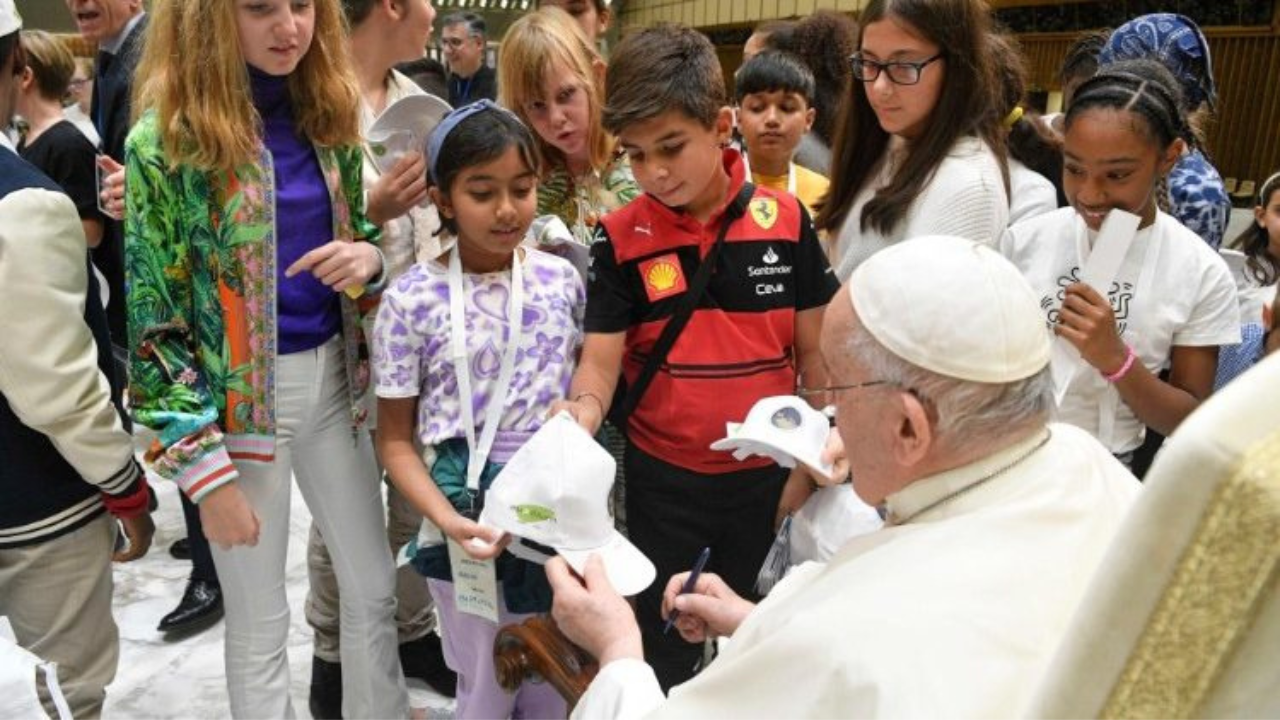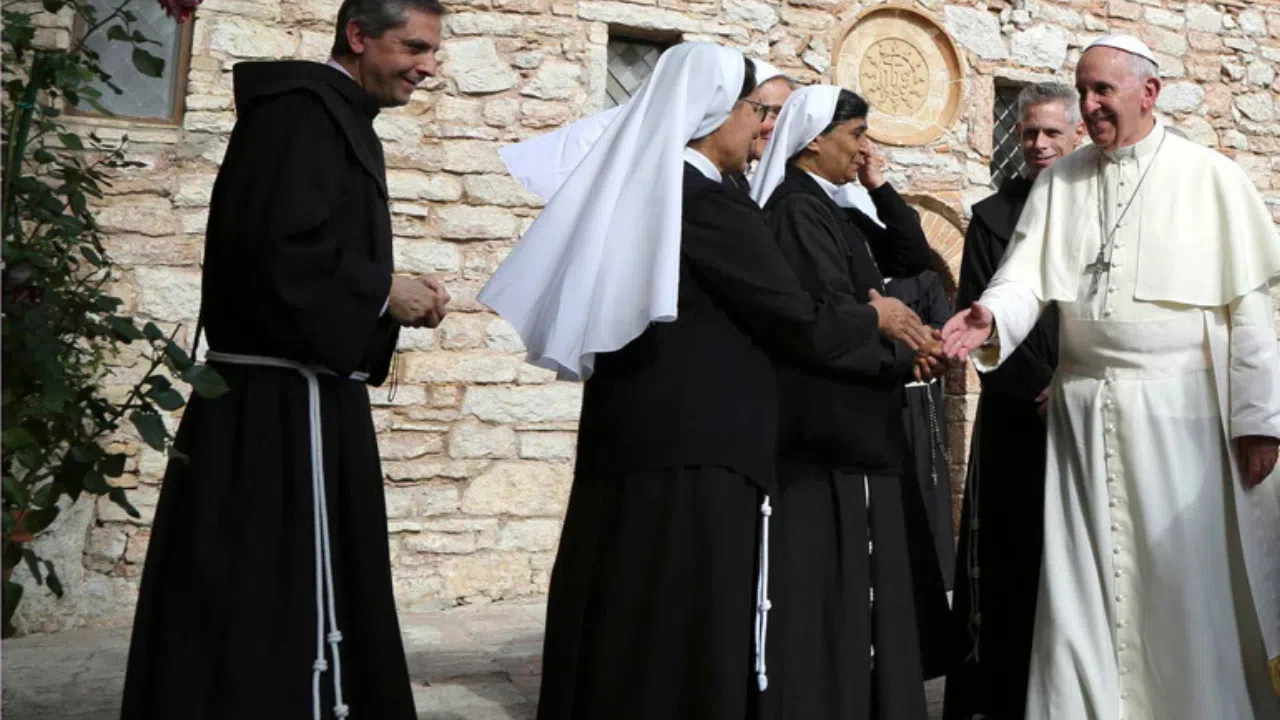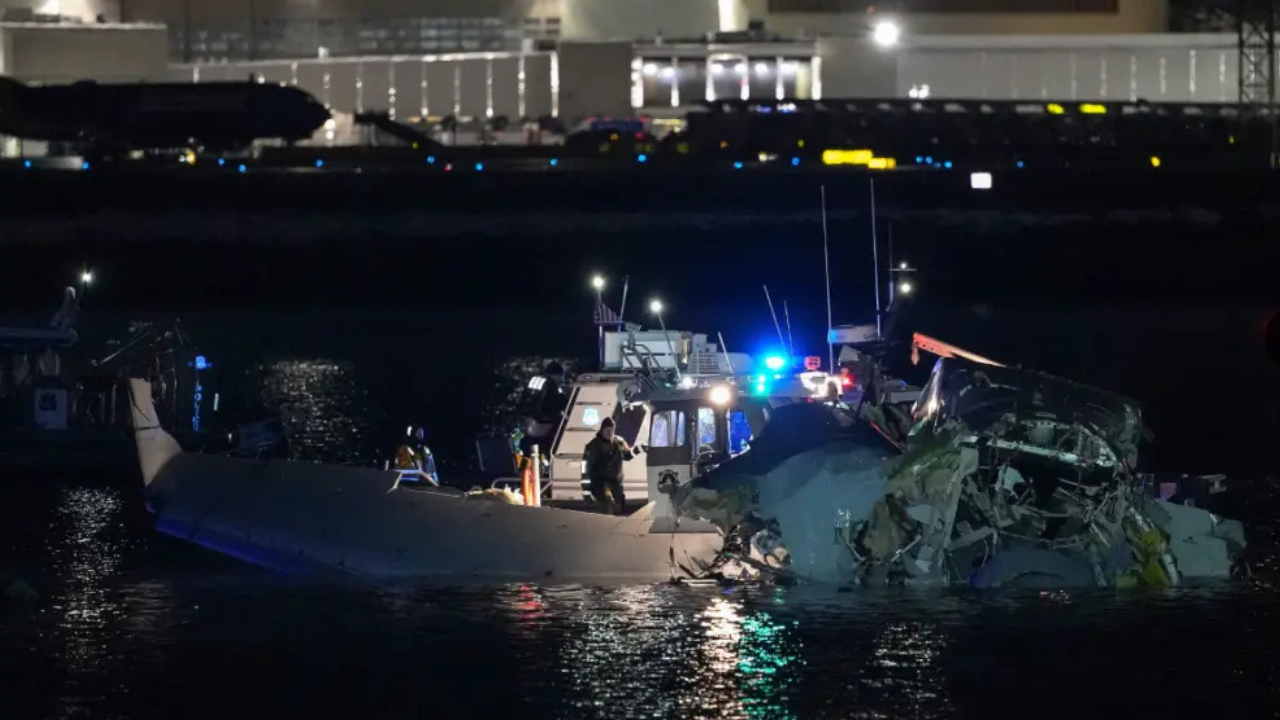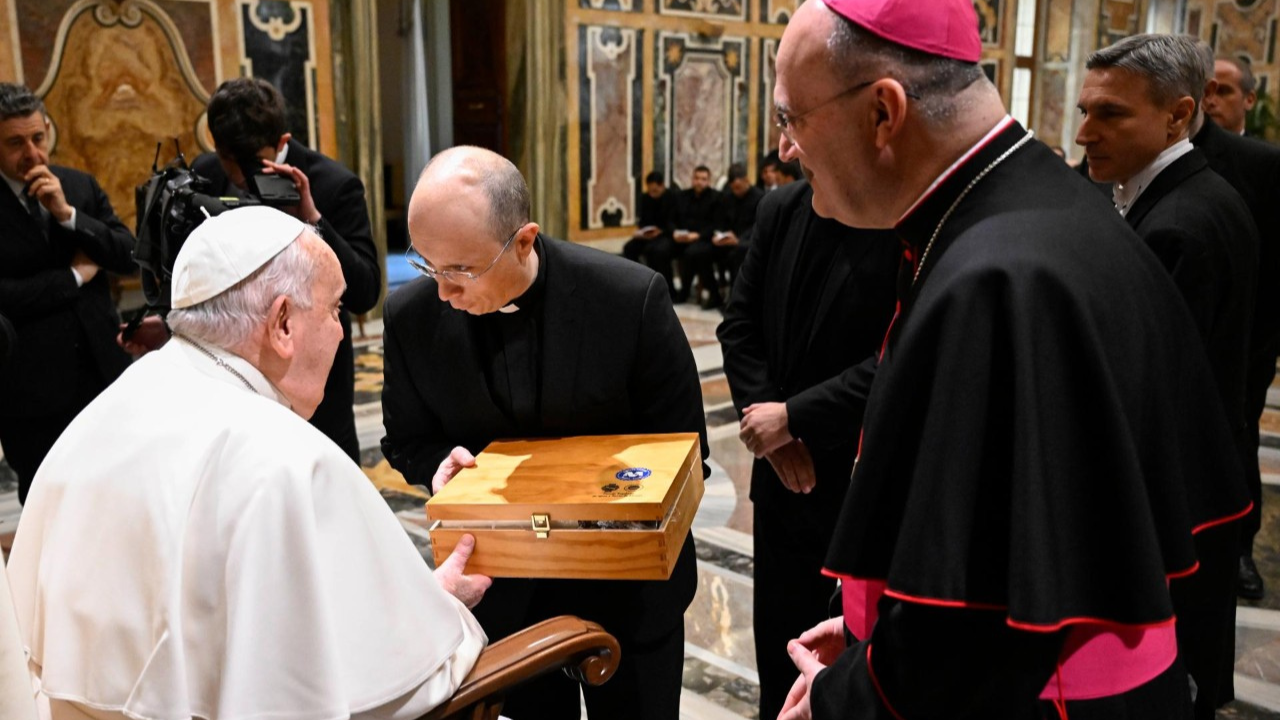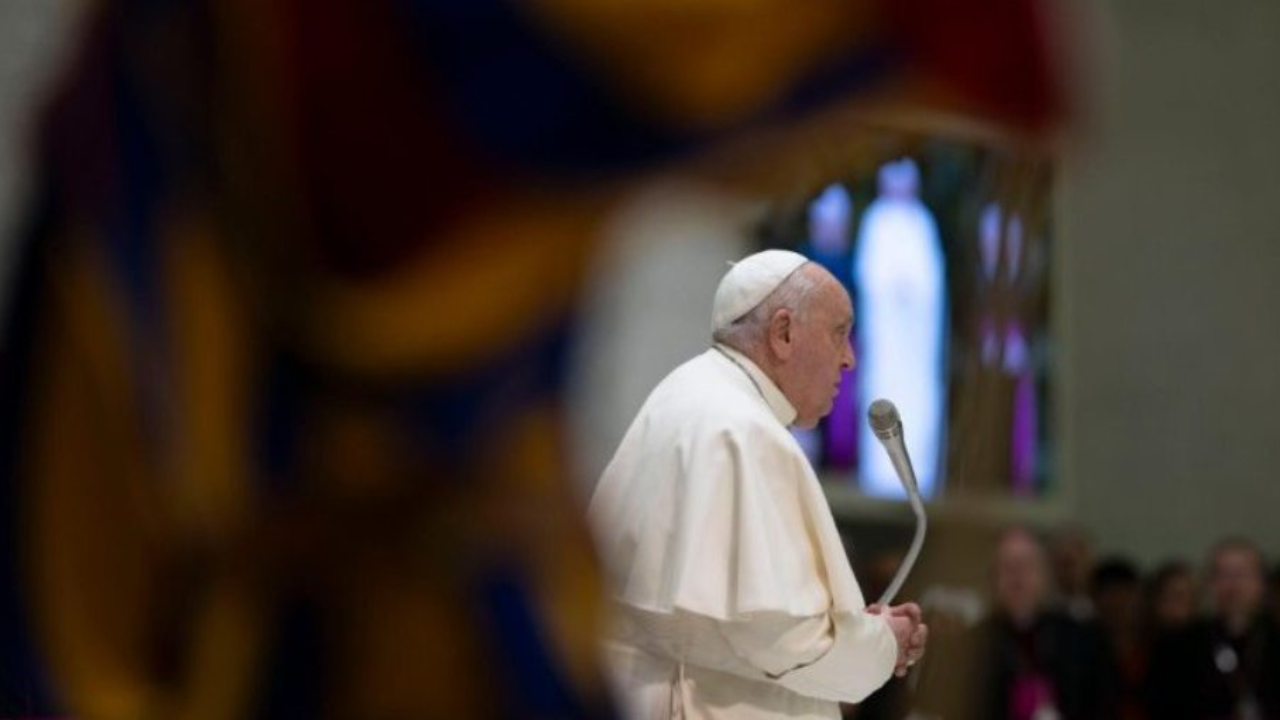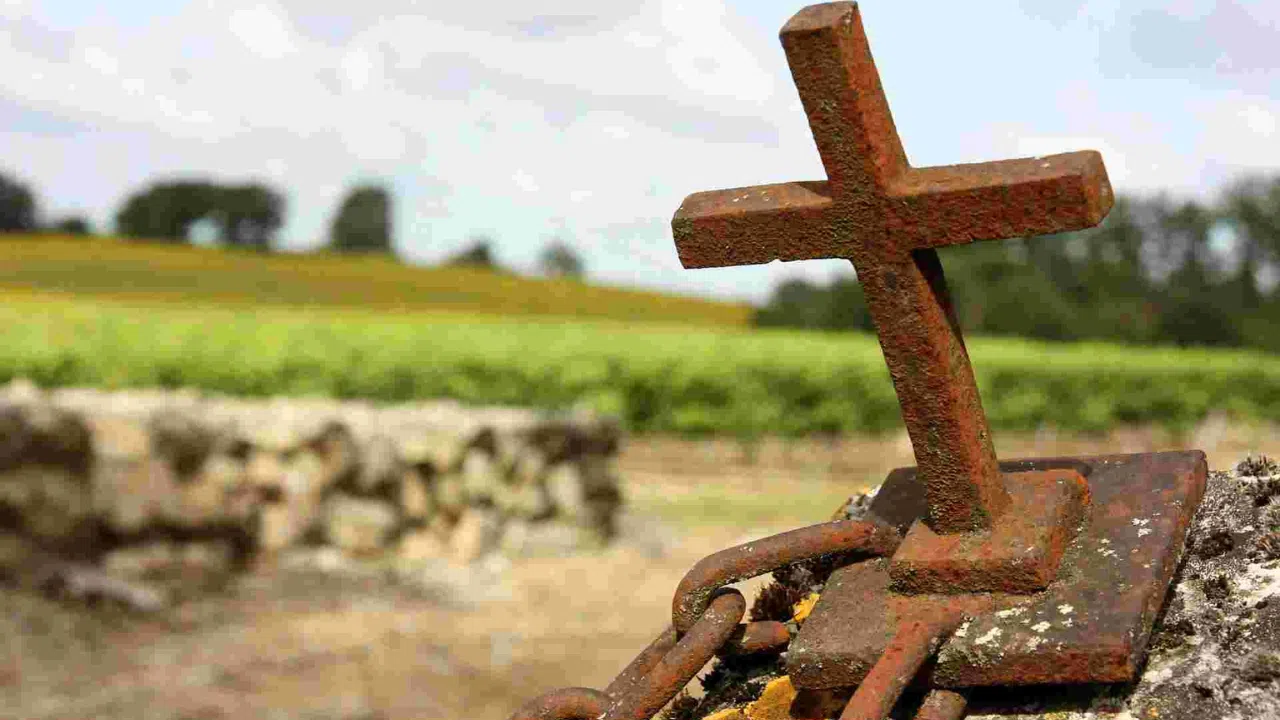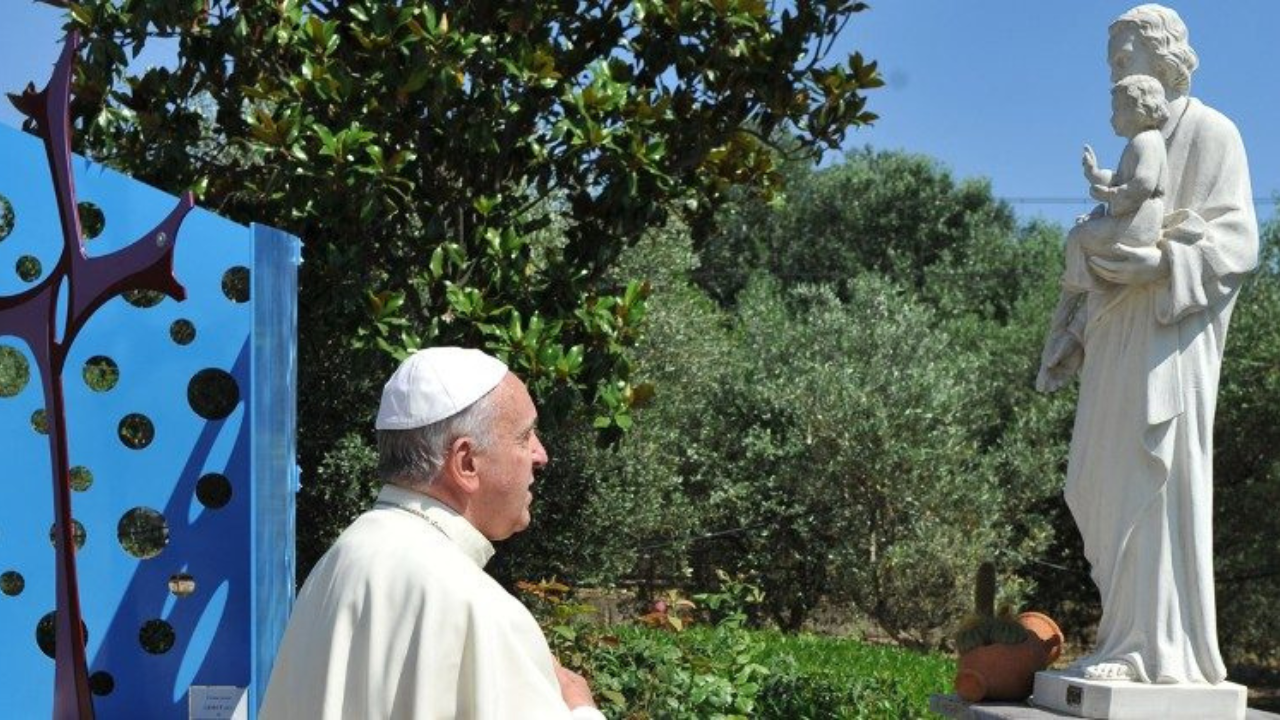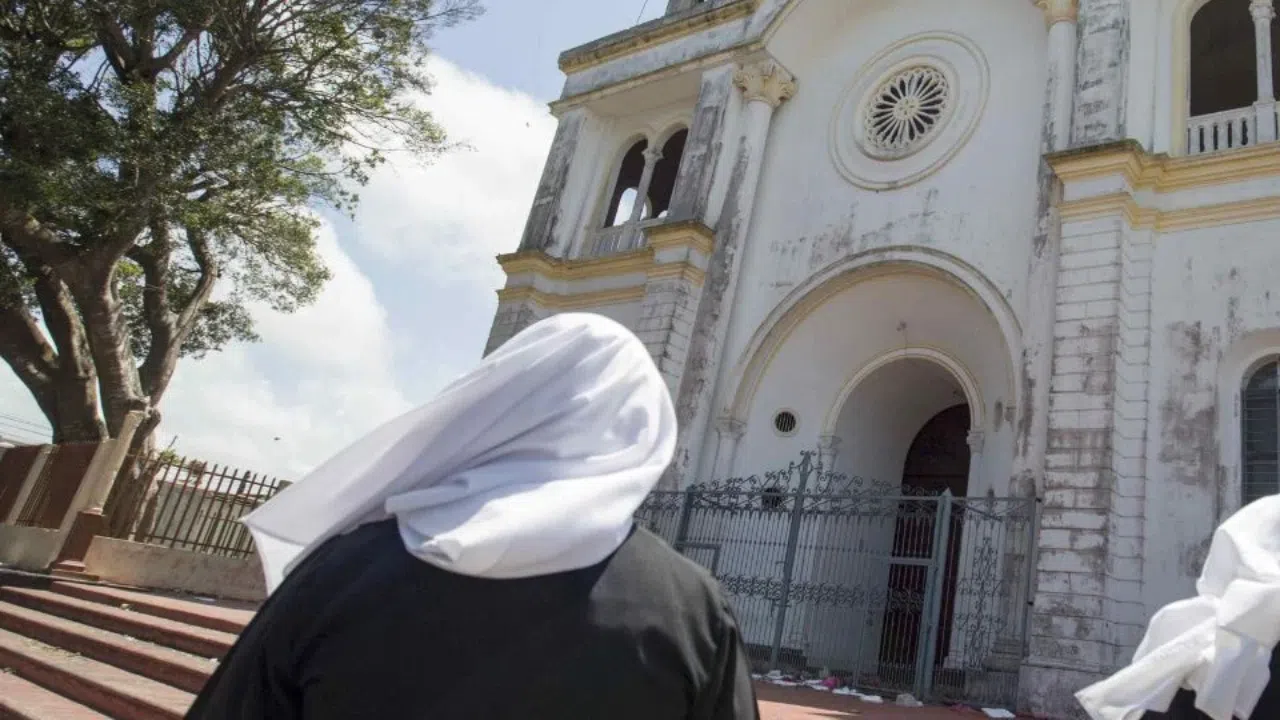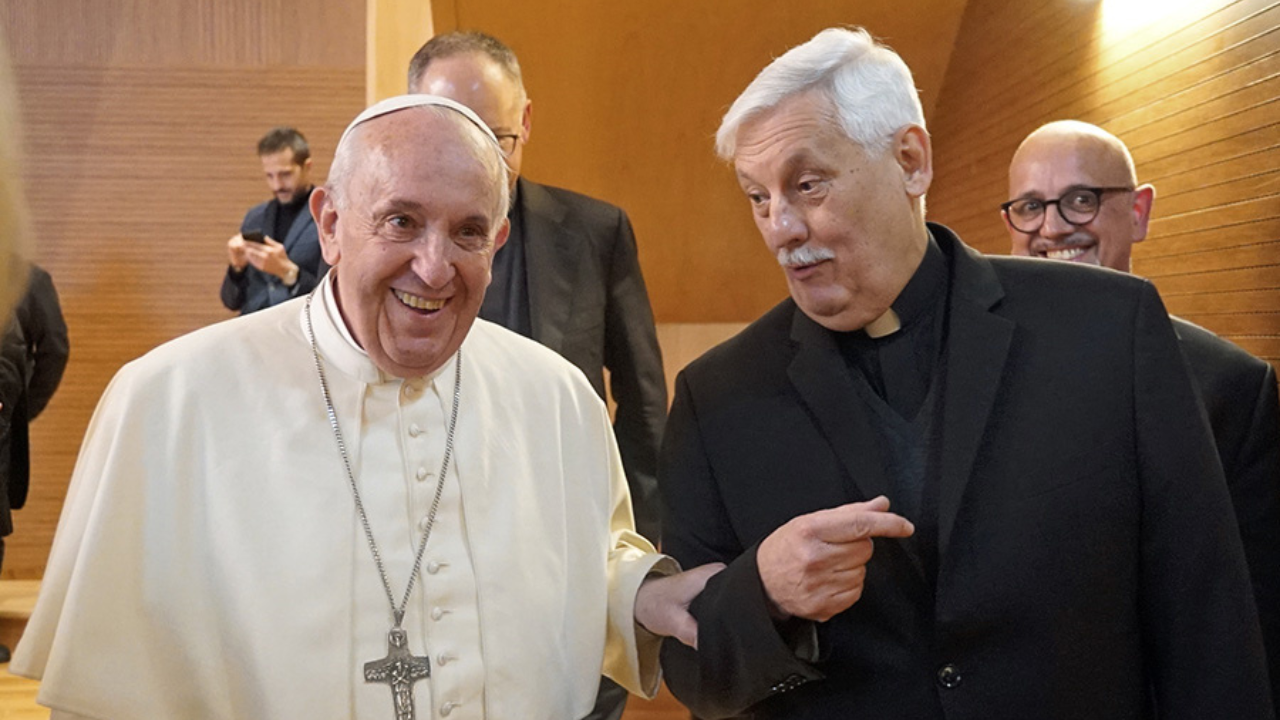The Mass on the feast of the Epiphany began with a short procession in St. Peter's Basilica.
Then the pope stopped to venerate baby Jesus.
Yet again, one of the main liturgies of the Christmas Season was celebrated with very few people and at a secondary altar, because of the pandemic.
Since the Gospel of the day recalled the story of the Magi, Pope Francis proposed imitating their example, because they were capable of leaving everything behind and going on a long journey to worship God.
POPE FRANCIS
Worshiping the Lord is not easy; it isn't something that just happens. It requires a certain spiritual maturity. It's the endpoint of an interior journey, at times a lengthy one.
The pope said the wise men's boldness can only be imitated when personal errors are not allowed to give rise to discouragement and despair.
POPE FRANCIS
It's an invitation to set aside weariness and complaints, to escape a narrow way of seeing things, to cast off the dictatorship of the self, which always tends to withdraw into itself and its own concerns.
The pope said that when people focus only on what goes wrong, they eventually stop in their tracks. He said that, under those circumstances, people find it difficult to worship God because they cannot see reasons for which to give thanks.
POPE FRANCIS
This way of seeing things, which despite life's events continues to trust in the Lord, gives rise to filial gratitude. When this happens, our hearts become open to worship. On the other hand, when we focus our attention exclusively on problems, and refuse to lift up our eyes to God, fear invades our hearts and disorients them, giving rise to anger, confusion and anxiety.
This was the first public religious ceremony of 2021. The pope was unable to celebrate Mass on Jan. 1 due to a painful case of sciatica.
Javier Romero
Translation: CT
